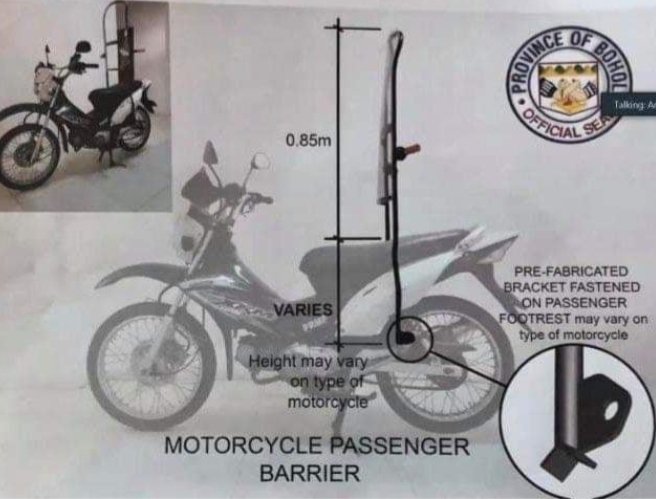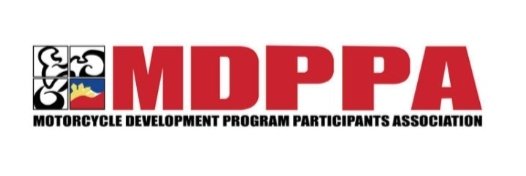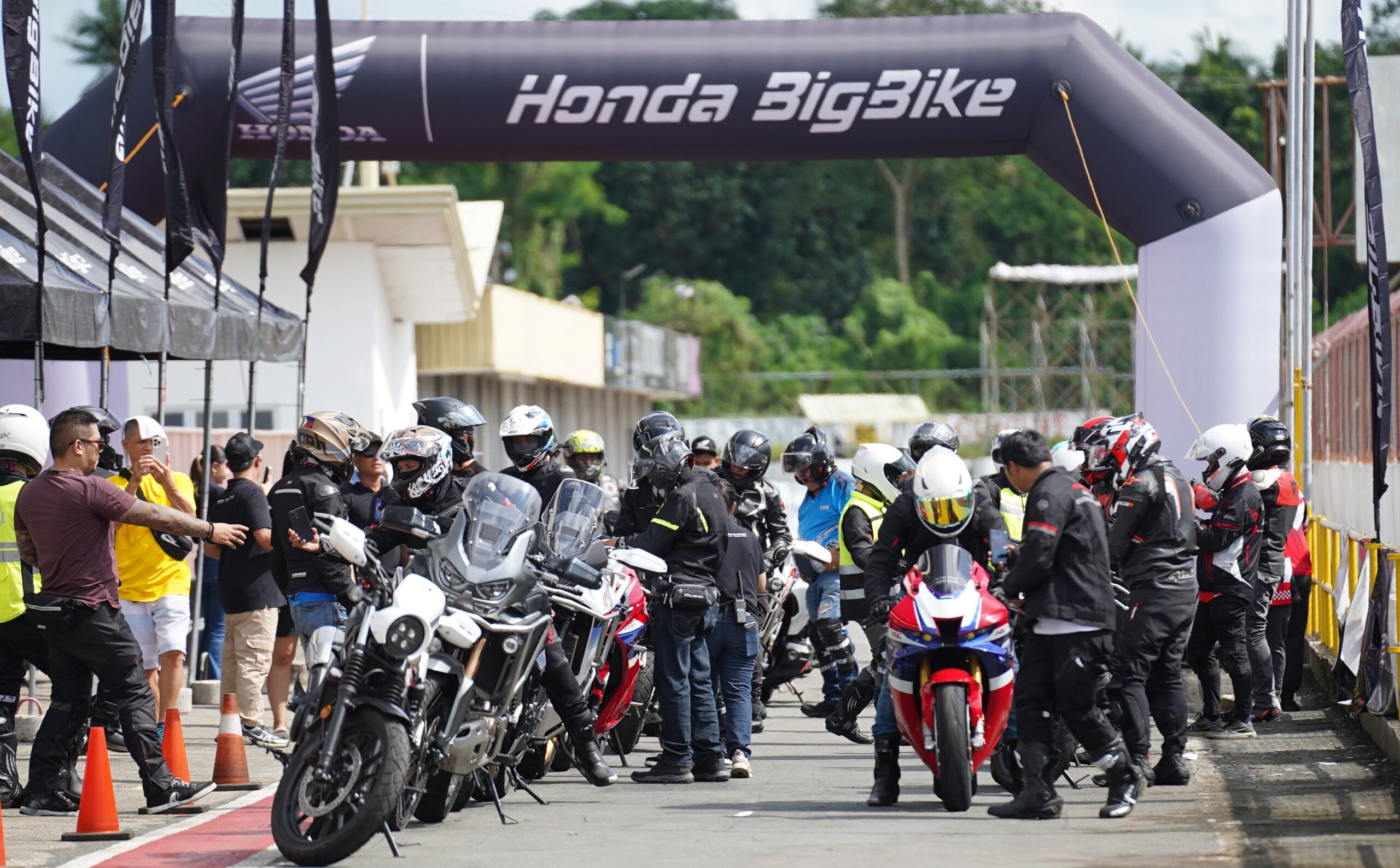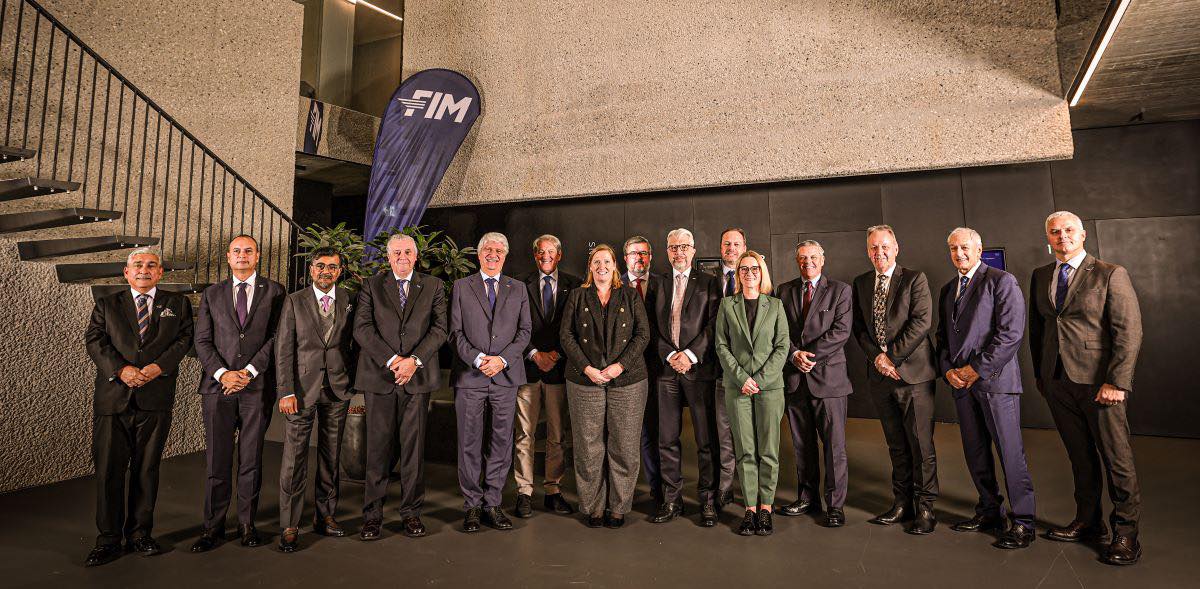MDPPA Statement on the Installation of a Pillion Shield
Share this
As more businesses return to operations amidst the rising cases of COVID-19 infections in the country, the streets are again being filled with daily commuters shuffling between home and workplace. However, riding the public transportation these days has been a major struggle because public vehicles are only allowed by the government to take limited passengers as occupants are advised to practice physical distancing.

It is for this reason that the Inter-agency Task Force on Emerging Infectious Diseases (IATF) had earlier banned motorcycle back-riding during the pandemic. Yet, to supplement the limited capacity of public transportation, the IATF has recently allowed couples who live in the same residence to ride together, provided that a separator or shield will be placed between rider and pillion. The IATF is considering different designs for the said separator and one that was approved was a design submitted by Bohol Provincial Governor Arthur Yap. Gov. Yap’s pillion shield design uses a clear acrylic barrier held by a steel frame, which will be attached to the passenger foot pegs.

The Motorcycle Development Program Participants Association Inc. (MDPPA) affirms that all motorcycle models from member brands (Honda, Kawasaki, Suzuki and Yamaha) undergo years of careful planning, design and development carried out by teams of engineers to ensure the utmost safety of each unit.
Any additional fixture, such as the one proposed by Gov. Yap, will negatively affect stability and handling of a motorcycle, thus, inevitably compromising safety of its occupants. The proposed pillion shield will create significant wind resistance when the motorcycle is in motion. Not only does it drastically reduce aerodynamic efficiency, it also makes it easier for crosswinds to throw the motorcycle off-balance even when running at low speeds.
Motorcycle safety instructors advise riders to break-free from the motorcycle in the event of a crash to avoid being carried by the momentum of the vehicle. Having a barrier behind the rider makes it difficult to do so as it could keep him pinned on his seat as the motorcycle slides out of control. Moreover, portions of the steel frame of the pillion shield could accidentally break-off and cause additional, possibly fatal injury to both rider and passenger.
Fitting a pillion shield of this sort to any type of motorcycle is a possible violation of the Land Transportation Office’s (LTO) modification regulations. The same shall be a breach of the warranty agreement between the motorcycle owner and the manufacturer.
Finally, there is no scientific data that could support claims that installing a pillion shield will help prevent the spread of COVID-19 from rider to passenger. This being the case, the risks outweigh the perceived benefits.
It is, therefore, the position of the MDPPA that in the interest of safety, no additional fixtures or modifications should be done on the motorcycle without the approval of the LTO and the manufacturer. It is also the organization’s opinion that the wearing of at least half face helmet with closed face shield, more so together with face mask or balaclava, is already an excellent measure in preventing infection.
The motorcycle riding gear commonly worn by a rider also doubles as a personal protective equipment (PPE), like those used by medical professionals. As far as COVID-19 infection prevention is concerned, a motorcycle rider’s situation is arguably much better than those sitting inside an enclosed vehicle breathing recirculated air.
For more info, visit mddpa-inc.org
Credit: MDPPA
Thank you for visiting insideracing.com.ph. You may express your thought below through the comment section. You may also follow us on Facebook, on Instagram @Insideracingnation or you can subscribe to our YouTube channel.
















